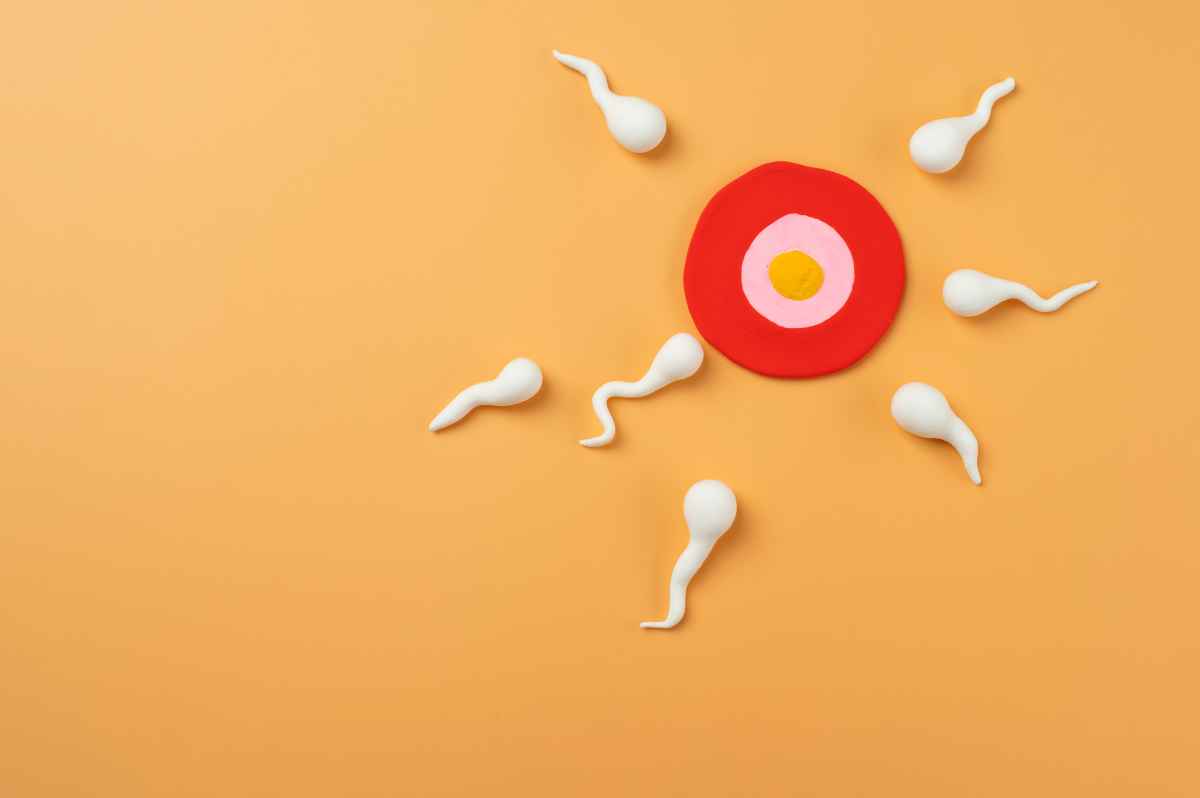Sperm DNA Fragmentation: Impact on Male Fertility and Reduction Strategies
Male fertility is a fundamental aspect of assisted reproductive treatments, but its assessment goes beyond the conventional semen analysis. One of the factors that can go unnoticed is sperm DNA fragmentation, a key indicator of sperm quality that can significantly influence reproductive success.

What is Sperm DNA Fragmentation?
Sperm DNA fragmentation refers to the breakage of the DNA strand in spermatozoa. It can present as:
Single breakage: involves a single strand and, in most cases, the egg is able to repair it.
Double breakage: involves both strands, making repair difficult and associated with higher rates of miscarriage.
This phenomenon compromises essential processes such as fertilisation, embryo development and implantation.
Causes of DNA Fragmentation
Intratesticular factors
Within the testis, fragmentation can arise due to:
Deficiencies in chromatin compaction.
Survival of spermatozoa destined for cell death, with increased levels of genetic damage.
Extratesticular factors
In transit through the epididymis and seminal ducts, spermatozoa can suffer damage due to:
Oxidative stress: caused by habits such as smoking, inadequate diet, exposure to radiation or pollutants.
Medical problems such as varicocele, cryptorchidism or infections.
Age, which increases damage to sperm DNA.
Impact of DNA Fragmentation on Male Fertility
High levels of fragmentation may affect:
Embryo development: slower developing embryos.
Implantation rate: decreases in treatments such as IVF.
The risk of miscarriage: mainly associated with double-stranded fragmentation.
In ICSI treatments, the impact is less, as this procedure allows the selection of sperm with less genetic damage.
Methods for Assessing Sperm DNA Fragmentation
There are several techniques to analyse this parameter, including:
- SCSA test: analyses chromatin stability.
- TUNEL test: detects DNA breaks, although it does not differentiate between single and double breaks.
- Comet test: distinguishes between single and double breaks.
- Halosperm: based on chromatin dispersion.
Of these options, the Comet test is particularly useful for obtaining detailed information even with few cells.
How to Reduce Sperm DNA Fragmentation?
Treatment depends on the underlying causes and may include:
Lifestyle improvements: reducing toxicants such as smoking, optimising diet and reducing exposure to pollutants.
Medical treatment: management of infections and surgical correction of conditions such as varicocele.
Testicular biopsy: avoiding passage through the epididymis and seminal ducts to reduce oxidative damage.
Use of microfluidics: simulate the environment of the female reproductive tract, favouring the selection of spermatozoa with less fragmentation.
Is it Necessary to Assess Fragmentation on a Routine Basis?
According to the latest expert reviews, routine screening is not essential, but it is important in specific cases such as recurrent miscarriage or failure of previous fertility treatments. In addition, the use of microfluidics for sperm selection is gaining relevance as a complementary tool.
Sperm DNA fragmentation is a critical factor in male fertility that can influence the success of assisted reproduction treatments. At Clínica Fertia, our comprehensive and personalised approach allows us to address this and other challenges to maximise the chances of achieving a successful pregnancy.
Do you want to start a family?
Schedule a consultation with our fertility specialists to explore the best alternatives for you.

1.Marinaro JA, Schlegel PN. Sperm DNA Damage and Its Relevance in Fertility Treatment: A Review of Recent Literature and Current Practice Guidelines. Int J Mol Sci. 2023 Jan 11;24(2):1446. doi: 10.3390/ijms24021446.
2.Esteves SC, Zini A, Coward RM, Evenson DP, Gosálvez J, Lewis SEM, Sharma R, Humaidan P. Sperm DNA fragmentation testing: Summary evidence and clinical practice recommendations. Andrologia. 2021 Mar;53(2):e13874. doi:
10.1111/and.13874. Epub 2020 Oct 27. PMID: 33108829; PMCID: PMC7988559. PMID: 36674957; PMCID: PMC9860847.
3.Andrabi SW, Ara A, Saharan A, Jaffar M, Gugnani N, Esteves SC. Sperm DNA Fragmentation: causes, evaluation and management in male infertility. JBRA Assist Reprod. 2024 Jun 1;28(2):306-319. doi: 10.5935/1518-0557.20230076. PMID: 38289201; PMCID: PMC11152411.